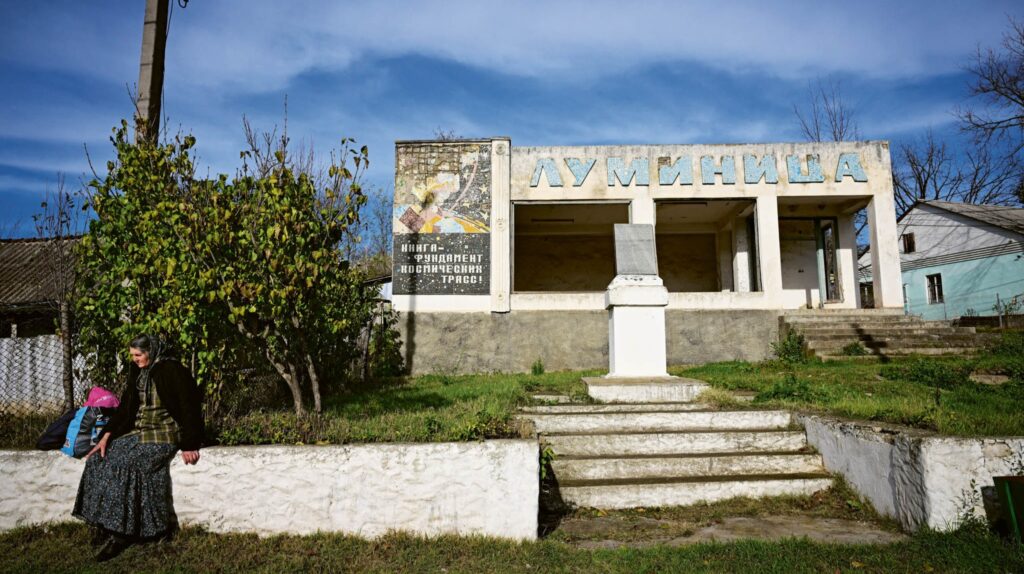Hungary’s budget remains on firm footing despite a mid-year deficit, according to the Ministry for National Economy’s latest report on the state of the central subsystem of public finances, excluding local governments. The ministry said the government is carrying out Europe’s largest tax cut programme without compromising its pledge to reduce public debt and the budget shortfall.
Between January and July 2025, taxes linked to consumption rose by 9 per cent compared to the same period last year, contributing to an overall 8.6 per cent increase in tax and social contribution revenues. In July alone, the central subsystem closed with a deficit of 12.8 billion forints, contrasting with a surplus of 213 billion forints in the same month of 2024. By the end of July, the accumulated shortfall reached 2,786.4 billion forints, equivalent to 58.4 per cent of the year’s expected cash-flow deficit of 4,774 billion forints. The ministry said this figure is in line with the modified deficit target.
Within the first seven months’ results, the central budget registered a deficit of 2,779.9 billion forints, while separate state funds showed a surplus of 89.1 billion, and the social security funds had a deficit of 95.6 billion.
The ministry also noted that interest payments reached 2,726.3 billion forints by the end of July, an increase of 509.3 billion year-on-year. This was attributed to differences in the maturity schedule of government debt and changes in its structure.
Spending on public transport and utility services amounted to 1,561.6 billion forints, exceeding last year’s figure by 234.6 billion. The rise was due to additional payments for road network availability linked to major renovation and maintenance work, as well as extra support for water utility providers from the Water Utility Development and Compensation Fund.
The report also highlighted higher spending on pensions and healthcare. By the end of July, including the 13th month’s pension payments, total expenditure on pensions and pension-type benefits reached 4,400.8 billion forints. Spending on curative and preventive healthcare services amounted to 1,732 billion forints, both exceeding last year’s levels.
Related articles:







